Regarding the incident where chef Vo Quoc's Facebook (full name Vo Dinh Quoc) had offensive words towards the press, after the administrative fine of 7.5 million VND, Director of the Department of Information and Communications of Ho Chi Minh City, Mr. Lam Dinh Thang, said that the Department is considering recommending to the Ministry of Information and Communications to put Vo Quoc's Facebook account on the "blacklist". Accordingly, the Department of Information and Communications of Ho Chi Minh City recommends that press and media agencies, state agencies, units and enterprises... consider cooperating with the owner of this account. Director of the Department of Radio, Television and Electronic Information Le Quang Tu Do said that he is verifying and clarifying the content of Mr. Vo Quoc's violation, and may put his Facebook on the Blacklist if the Department of Information and Communications of Ho Chi Minh City proposes.
Freedom of speech but no nonsense!
It is not uncommon for famous people to make reckless statements on social networks in recent times. The case of chef Vo Quoc was the last straw, many people believe that the application of "whitelists" and "blacklists" is extremely necessary. Over the past decade, social networks have developed explosively, deeply affecting the lives of people and countries around the world . Besides the positive impacts and obvious effectiveness, social networks also have many potential and unpredictable consequences. On social networks, everyone can freely express their opinions and views, but they must be within the framework of the law, absolutely cannot take advantage of or abuse them to arbitrarily speak nonsense, speak nonsense, obstruct, or sabotage...
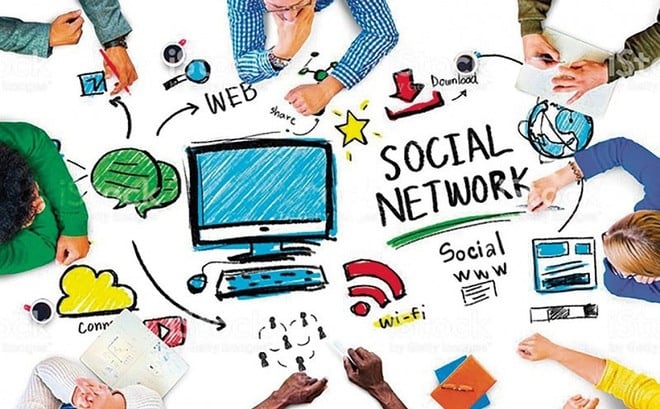
“ The cyberspace is like a flea market, displaying everything from high-end goods to spoiled meat ” - as director Pham Hoang Nam commented, is a long-standing reality. Many social media users have confused freedom of speech with the current state of disorderly speech to express non-standard opinions.
And above all, the audience has long been fed up with the fact that many artists accept advertisements regardless of their personal pages. What these artists see is profit, numbers up to hundreds of millions of VND for a post on a personal page, forgetting the responsibility of each individual to the community, especially the responsibility of a famous person to society.
In fact, many artists have had to speak up to correct and apologize for false advertising and exaggerating product benefits, including Cat Tuong. After 8 months of silence, she apologized for the first time for over-advertising a milk product that can treat diabetes.
Specifically, during the apology, Cat Tuong said she had checked the product's business documents. She said she was subjective when advertising a product directly related to health, exaggerating the effects of milk replacing medicine to treat diabetes.
And Cat Tuong made excuses for her mistake, saying that if she didn’t produce, she couldn’t guarantee the quality. She also didn’t know what was right and what was wrong. People saying she was aiding fraud, counterfeiting… was a generalization.
Previously, Quyen Linh had to apologize for advertising a similar milk product. In 2021, Hong Van apologized for accepting an advertisement that exaggerated the effects of effervescent tablets that help shrink uterine fibroids. The story of artists using their names to advertise regardless has long made many people angry.
It is clear that artists accept “false” advertisements for poor quality products, knowing that the products they are helping to bring to consumers contain many risks and are toxic, but still turn a blind eye because they gain a lot, and the consequences are a matter for society. Why are there so many famous Vietnamese people who “act recklessly” like that? Because Vietnamese audiences are too easygoing and kind. After making a mistake, famous people only need to say sorry and everything goes back to the old orbit, as if there had never been a “breakup”.
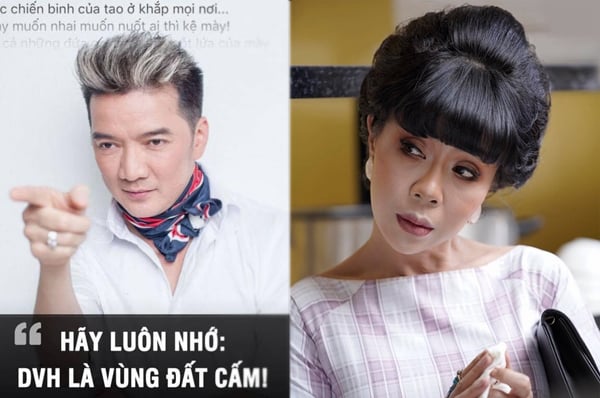
But this time, in the case of “Facebook Vo Quoc”, the audience cannot be more lenient. The audience needs to resolutely use the power of boycott, the management agency must be strict in implementing the power of “blacklist” - to clean up the entertainment environment that is full of gossip and prejudice. A “clean” working environment will only have real artists - entertainers, who desire to contribute their talents to life with a sense of responsibility to society and the community. What celebrities have is fame and money. And when they receive those things, they must have corresponding responsibility.
Looking around the entertainment market in Korea, Japan, China… when the power of “blacklisting” and boycotting is thoroughly applied, “involved” artists certainly have no way back. Because of fear, famous people will have to “think twice” before saying or doing anything, and must look before and after to make sure it is appropriate, otherwise they will not only lose their reputation and reputation, but also go bankrupt financially.
Until now, Vietnamese audiences have been too kind and the authorities have not really taken strong action, so the cyber environment seems to have not improved as expected. The administrative fine of a few million VND is nothing compared to the income of celebrities.
Therefore, for the violations of famous people, the punishment must be severe enough to be a deterrent. Secondly, the most effective punishment for them is the audience's boycott!
Facebook account owners could be fined for poor security
According to the Ministry of Information and Communications , social network account owners are responsible for their posts and need to protect their personal accounts.
Recently, some social media account owners have used the excuse of “being hacked” or handing over their accounts to someone else after committing online violations. In fact, account hijacking attacks are quite common. In addition, celebrity accounts are often managed by multiple people.
However, according to Mr. Do, when a violation occurs, the account owner is still the first person to be held responsible.
“ If the account is hijacked or shared by multiple users, they must prove that they did not post the content. Otherwise, they will still be held fully responsible,” said Mr. Do. In cases of serious violations, they can be sued or prosecuted, according to the Cybersecurity Law.
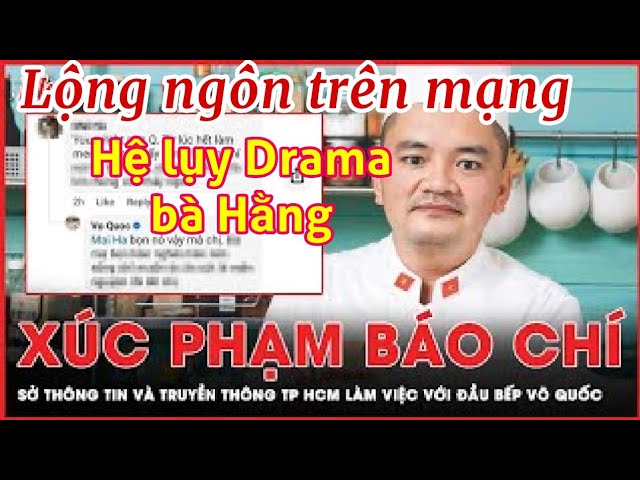
The Decree replacing Decree 72 (2013) on the management, provision and use of Internet services and online information has been submitted to the Government . Mr. Do said that if the Decree is approved, it will add many new regulations, with the main purpose being to "manage online as you do in real life" and users also need to be aware of protecting and managing their accounts on social networks.
According to the draft decree, users' accounts on the network will be authenticated based on personal information, and can be used for many different purposes, not just posting news, but also for business and trading. " The responsibility attached to the account owner is very high, so users need to protect this account like a bank account," said Mr. Do.
The Department recommends that users exercise caution and limit account sharing. If sharing is required, there should be a written agreement that clearly states who is involved in the use of the account and is responsible for the statements posted on that account.
In case of account hijacking, the Department believes that users should immediately send a report to the platform. Influential accounts should contact by email to [email protected], and find a way to publicly announce their status. When a violation occurs, this will be evidence for the authorities to consider and handle.
Khanh An
Source



![[Photo] Prime Ministers of Vietnam and Thailand visit the Exhibition of traditional handicraft products](https://vphoto.vietnam.vn/thumb/1200x675/vietnam/resource/IMAGE/2025/5/15/6cfcd1c23b3e4a238b7fcf93c91a65dd)

![[Photo] National Assembly Chairman Tran Thanh Man meets with Thai Prime Minister Paetongtarn Shinawatra](https://vphoto.vietnam.vn/thumb/1200x675/vietnam/resource/IMAGE/2025/5/15/e71160b1572a457395f2816d84a18b45)





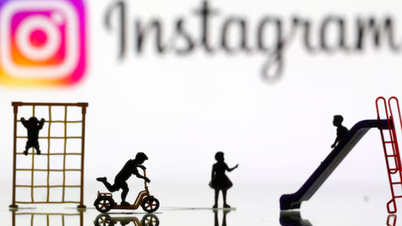









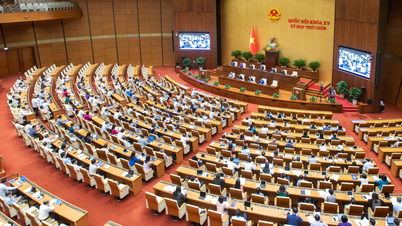
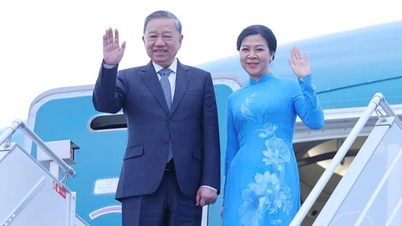


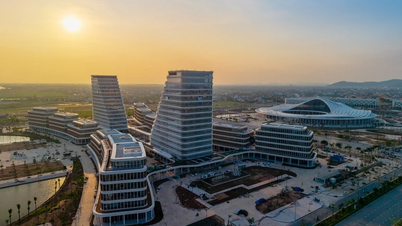








































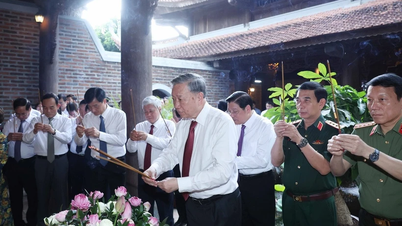
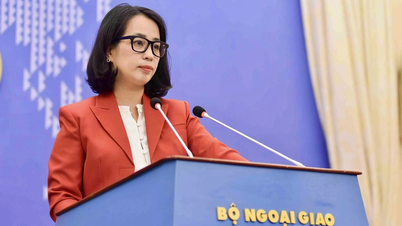







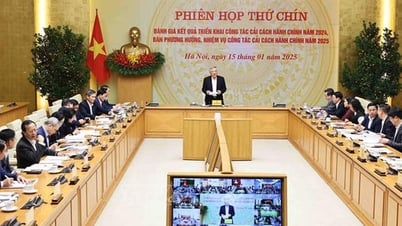
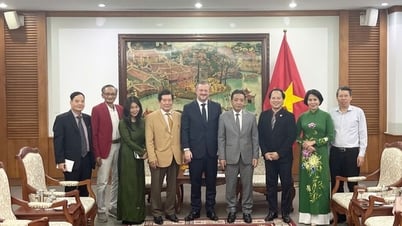
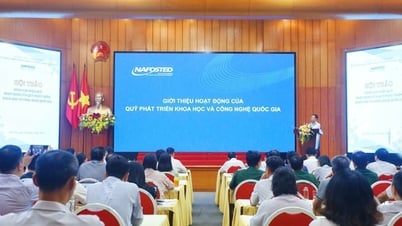

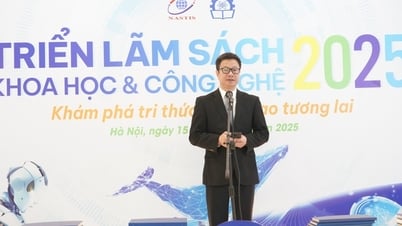
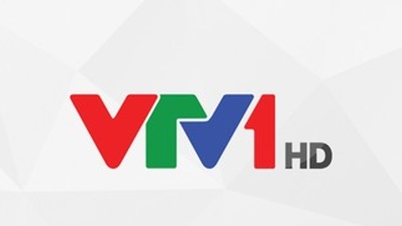

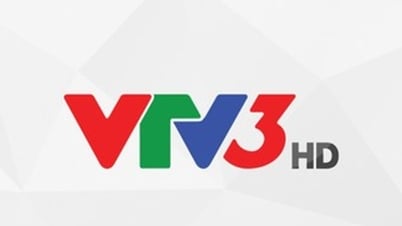



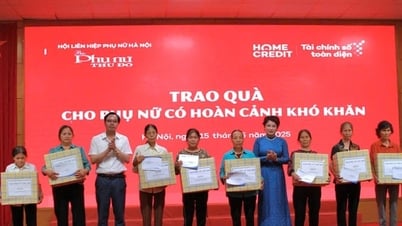



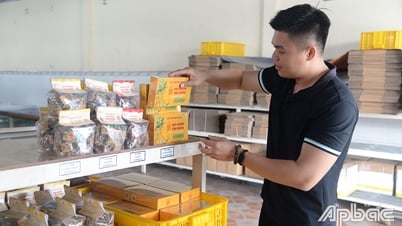






Comment (0)